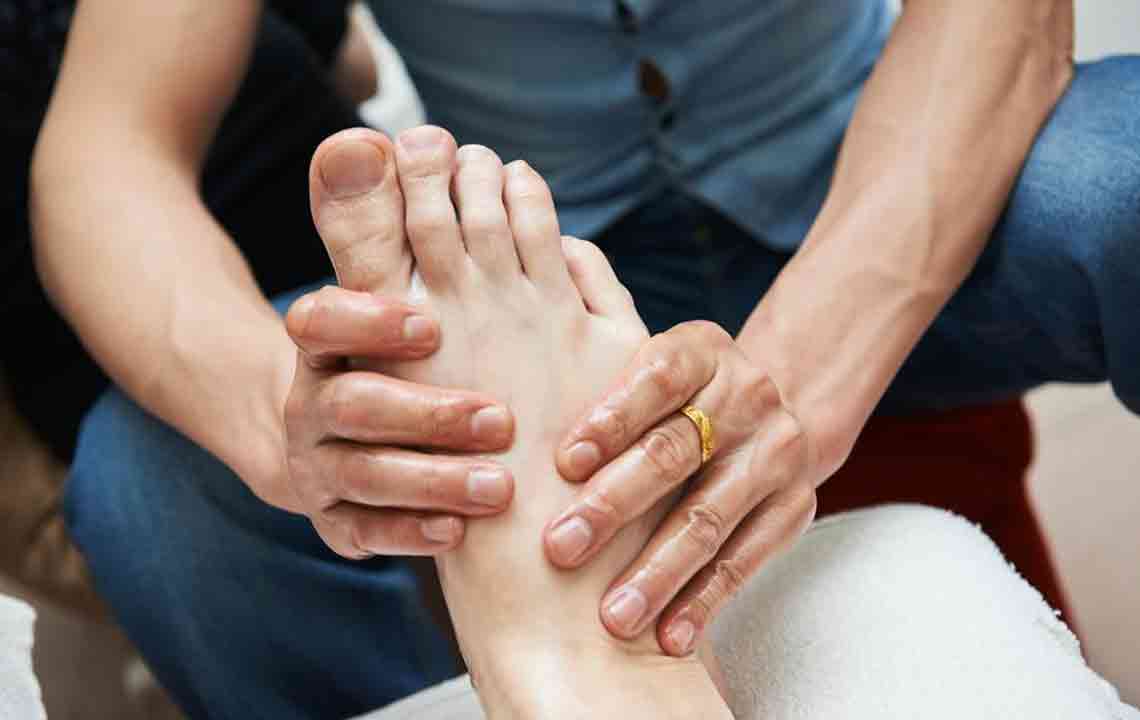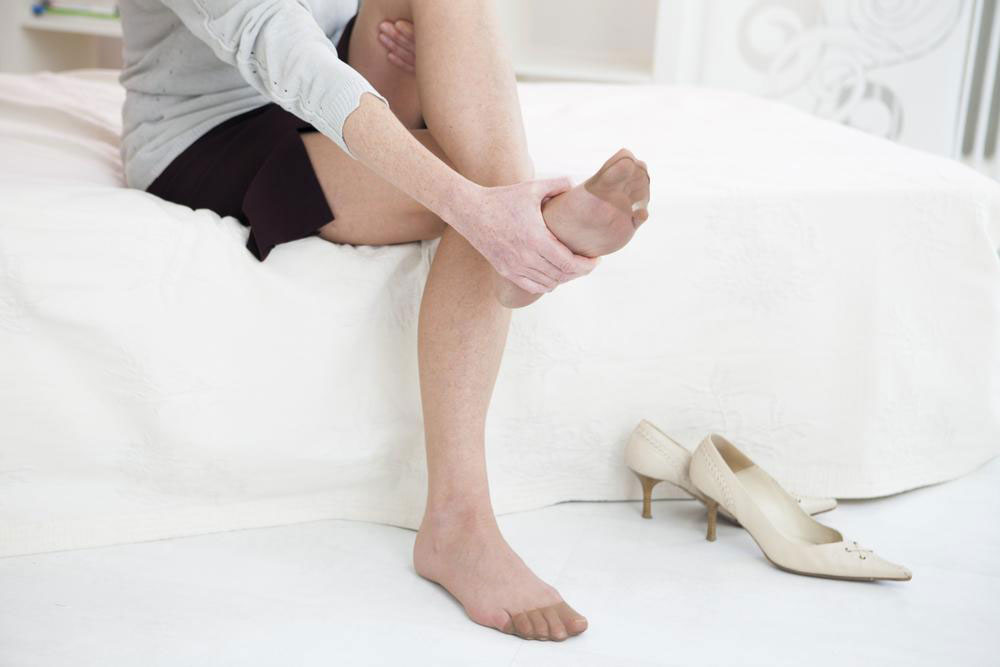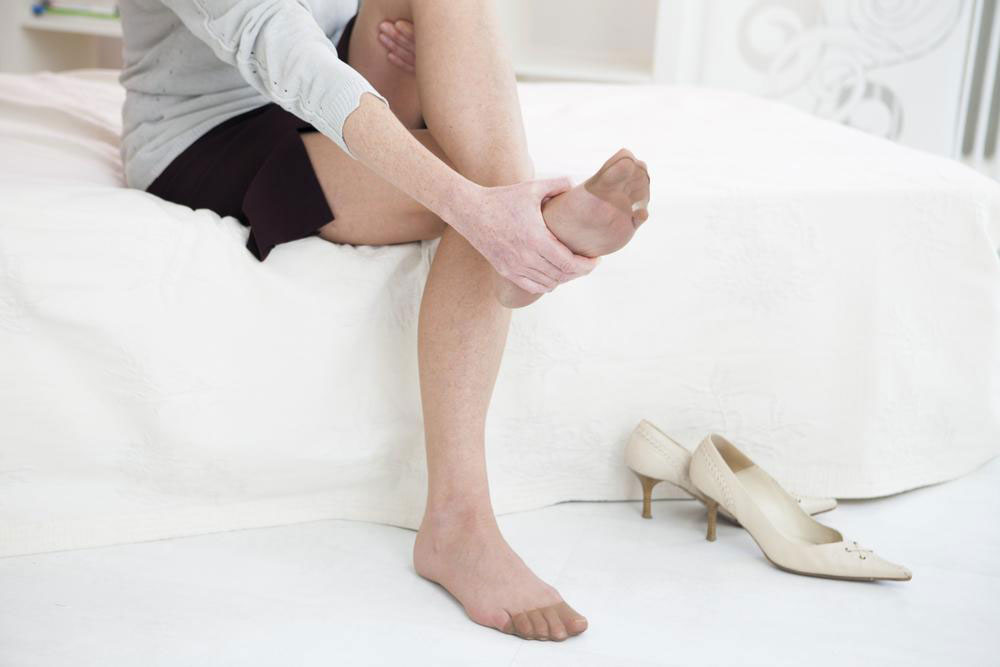Comprehensive Guide to Identifying and Alleviating Severe Foot Pain for Better Mobility
This comprehensive article explores the causes of severe foot discomfort, outlines effective medical and home remedies, and emphasizes early intervention to prevent long-term complications. It provides valuable insights into managing foot pain for better mobility and overall health.

Understanding and Managing Severe Foot Discomfort
Our body's health is intricately connected, and foot health plays a significant role in overall well-being. Foot discomfort, whether minor or severe, should not be ignored, as it can quickly lead to broader health problems if left untreated. Even seemingly insignificant symptoms like tingling or numbness may evolve into persistent, intense pain, significantly impairing daily function. Early recognition and proper management of foot pain are essential for maintaining mobility, preventing long-term complications, and ensuring a good quality of life. This comprehensive guide aims to help you understand the causes of severe foot discomfort, explore effective remedies, and learn how to prevent future issues.
If you're struggling with persistent foot pain or simply want to learn more about its common causes, risk factors, and home remedies, keep reading. Addressing foot pain promptly can make a significant difference in quality of life and mobility.
What Causes Foot Pain? An In-Depth Look
Foot pain can be triggered by a variety of factors, ranging from structural abnormalities to lifestyle choices. Recognizing these causes early can help in effective management and prevent escalation into chronic conditions. The following are common reasons behind foot discomfort:
Development of corns and calluses: Thickened patches of skin that develop due to friction or pressure, often caused by ill-fitting shoes or repeated trauma, leading to impaired mobility and painful walking experiences.
Bone injuries: Conditions such as heel spurs, stress fractures, or ankle sprains that require prompt diagnosis and treatment to restore normal function.
Autoimmune and inflammatory diseases: Arthritis, gout, and other immune system-related disorders cause persistent joint and tissue inflammation, resulting in ongoing pain if not managed properly.
Improper footwear choices: Wearing shoes that are too tight, high heels, or unsupportive footwear can distort posture, exert excessive pressure on joints, and lead to strain and discomfort.
Understanding these causes enables individuals to take preventive measures, seek timely treatment, and improve overall foot health.
Types of Foot Pain You Might Encounter
Foot discomfort manifests in various forms, each with specific symptoms and underlying causes. Recognizing these types can help in targeted treatment and effective management:
Plantar fasciitis: Inflammation of the thick band of tissue running from the heel to the toes, leading to sharp heel pain, especially noticeable during morning steps or after prolonged rest.
Tarsal tunnel syndrome: Compression of the posterior tibial nerve inside the tarsal tunnel, causing tingling, burning sensations, or numbness from inside the ankle down to the sole of the foot.
Metatarsalgia: Pain in the ball of the foot caused by structural issues, decreased padding, or overuse, often worsened by activity or ill-fitting shoes.
Arthritis: Joint inflammation affecting the foot joints, resulting in swelling, stiffness, and difficulty walking, especially in autoimmune conditions like rheumatoid arthritis.
Common Medical Treatments for Foot Pain Relief
Effective management of severe foot pain often involves medication prescribed by healthcare professionals. Here are some common treatments:
NSAIDs (Nonsteroidal anti-inflammatory drugs): Reduce inflammation and alleviate pain.
Analgesics: Provide direct pain relief for acute or chronic discomfort.
Corticosteroids: Administered orally or via injection to decrease inflammation in severe cases.
Gout-specific medications: Such as colchicine and uric acid-lowering drugs for gout-related pain.
DMARDs (Disease-modifying anti-rheumatic drugs): Used in autoimmune diseases like rheumatoid arthritis to slow progression.
Osteoporosis medications: To improve bone density and prevent fractures.
Biological response modifiers: Target specific immune pathways in inflammatory disorders.
It is crucial to consult a healthcare professional for accurate diagnosis and personalized treatment plans rather than relying solely on self-medication.
Home Remedies and Natural Treatments to Ease Foot Pain
Besides medications, there are several safe and natural remedies that can help soothe foot discomfort and promote healing:
Epsom salt baths: Soaking feet in warm water mixed with Epsom salt relaxes muscles, relieves soreness, and reduces swelling.
Alternating hot and cold therapy: Using hot packs or warm water to boost blood flow, followed by cold packs or ice to diminish swelling and numb pain, can be highly effective.
Ice packs: Direct application on painful areas can decrease inflammation and provide quick pain relief.
Clove oil massage: Known for its anti-inflammatory and analgesic properties, gently massaging warmed clove oil onto affected areas can reduce joint and tissue pain and combat fungal infections like athlete’s foot.
Incorporating these home remedies alongside medical advice can enhance recovery and improve overall foot health.
In conclusion, understanding the causes of severe foot discomfort and knowing the available treatment options can empower you to take proactive steps toward alleviating pain, maintaining mobility, and preventing long-term complications. Proper footwear, early intervention, and natural remedies all play vital roles in managing foot health effectively. If foot pain persists or worsens, seeking professional medical evaluation is highly recommended to determine the underlying cause and receive targeted treatment.





